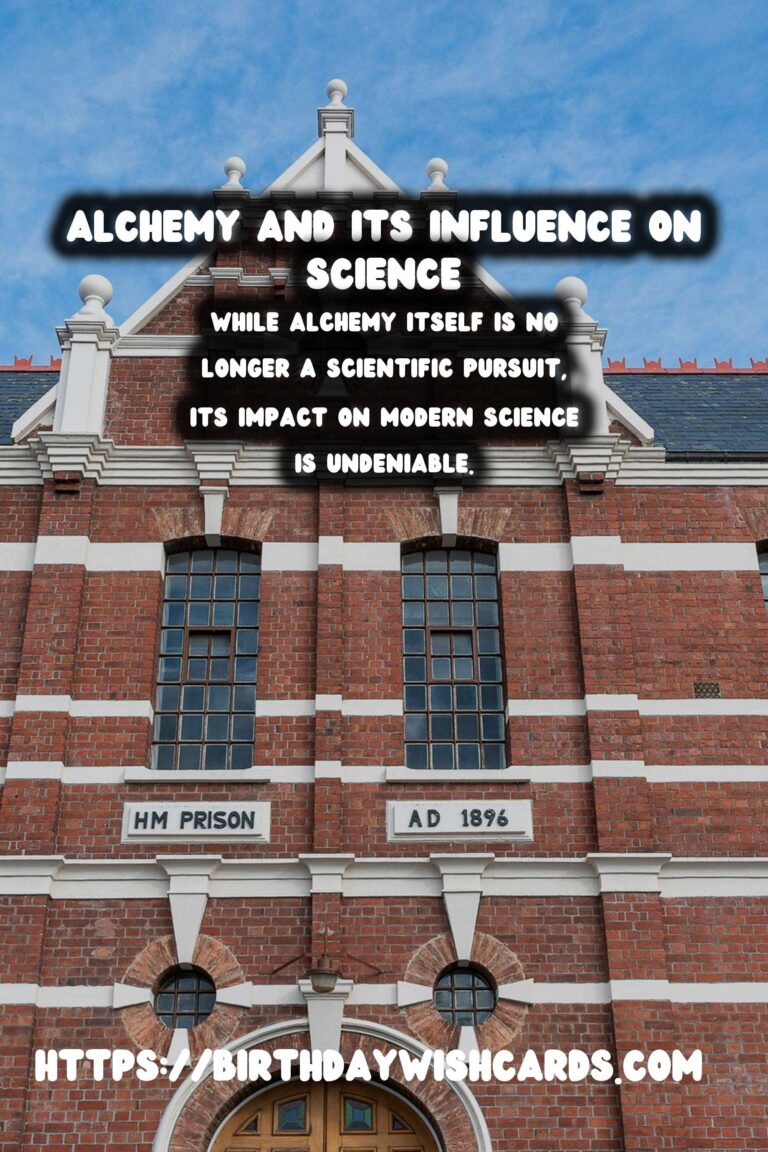
Alchemy is often regarded as a mysterious precursor to modern chemistry, steeped in esoteric traditions and mystical practices. Yet, its influence on the development of science cannot be understated.
Originating around the 1st century AD, alchemy sought to transform base metals into noble ones and to discover the elixir of life. This quest spanned continents, influencing various cultures and scientific thought.
The Origins and Philosophy of Alchemy
The roots of alchemy can be traced back to ancient Egypt and Greece, where early practitioners started exploring the transformation of materials. They believed in a mystical underlying unity of all matter, focusing on four primary elements: earth, air, fire, and water.
These beliefs, combined with the symbolic understanding of the cosmos, laid the foundation for alchemy as a philosophical and proto-scientific discipline.
Alchemy in the Islamic Golden Age
During the Islamic Golden Age, alchemy flourished as scholars translated Greek works and expanded upon them. Prominent figures like Jabir ibn Hayyan introduced experimental techniques and classified substances into categories that resemble modern chemistry.
This period saw the emergence of laboratory apparatuses and methodologies that significantly contributed to experimental science.
The Alchemical Renaissance in Europe
Alchemy found fertile ground in medieval Europe, where it intertwined with religious and philosophical beliefs. The quest for the philosopher’s stone inspired many scientists, including Isaac Newton, whose alchemical work influenced his theories of physics.
Despite its mystical elements, alchemy honed skills in metallurgy, pharmacology, and early forms of chemical experimentation.
Alchemy’s Transition to Modern Science
Alchemy’s decline began in the 17th century as the scientific revolution took hold. The empirical and systemic approaches introduced by scientists like Robert Boyle redefined material transformation into clearly defined chemistry. Boyle’s skepticism of alchemical practices helped differentiate the emergent field of chemistry.
However, the legacy of alchemy continued through its contributions to laboratory techniques and the scientific quest for knowledge.
Conclusion: The Enduring Influence of Alchemy
While alchemy itself is no longer a scientific pursuit, its impact on modern science is undeniable. It provided foundational practices and a conceptual framework that helped pave the way for future scientific exploration and discovery.
Even today, alchemy’s symbols and transformative metaphor hold cultural and philosophical resonance, reminding us of the evolving connection between science and mysticism.
Alchemy is often regarded as a mysterious precursor to modern chemistry, steeped in esoteric traditions and mystical practices. While alchemy itself is no longer a scientific pursuit, its impact on modern science is undeniable. 
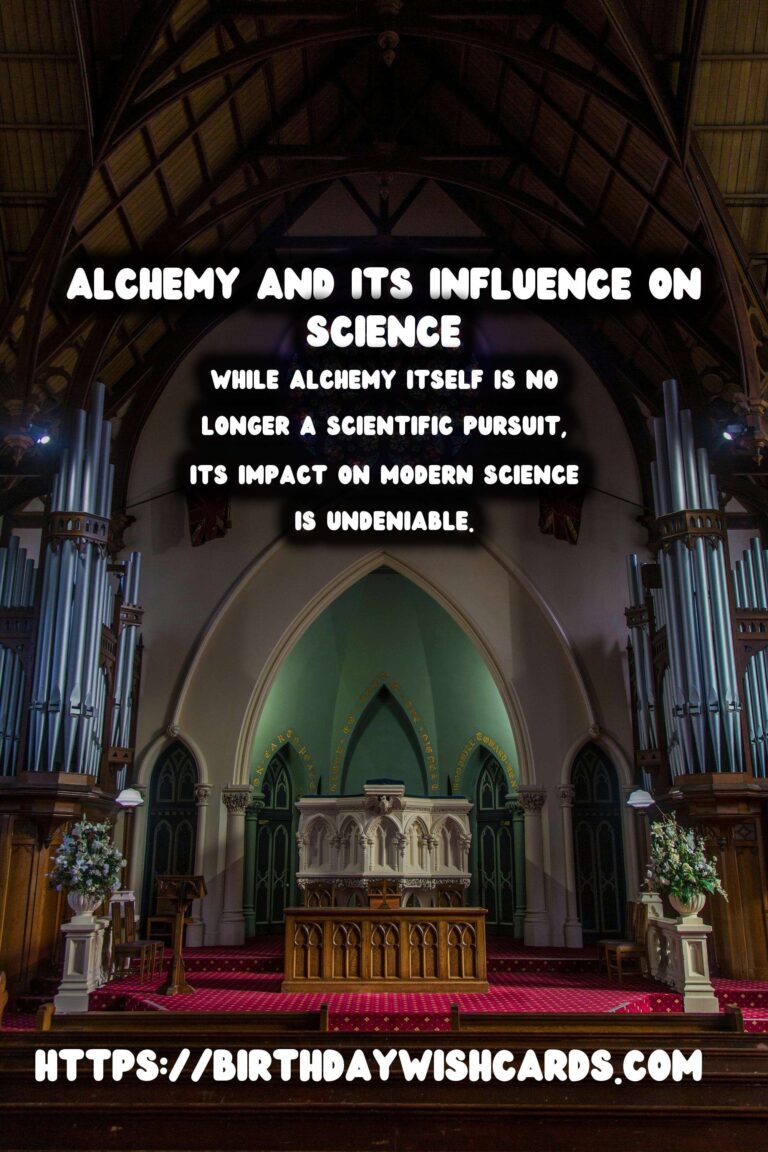

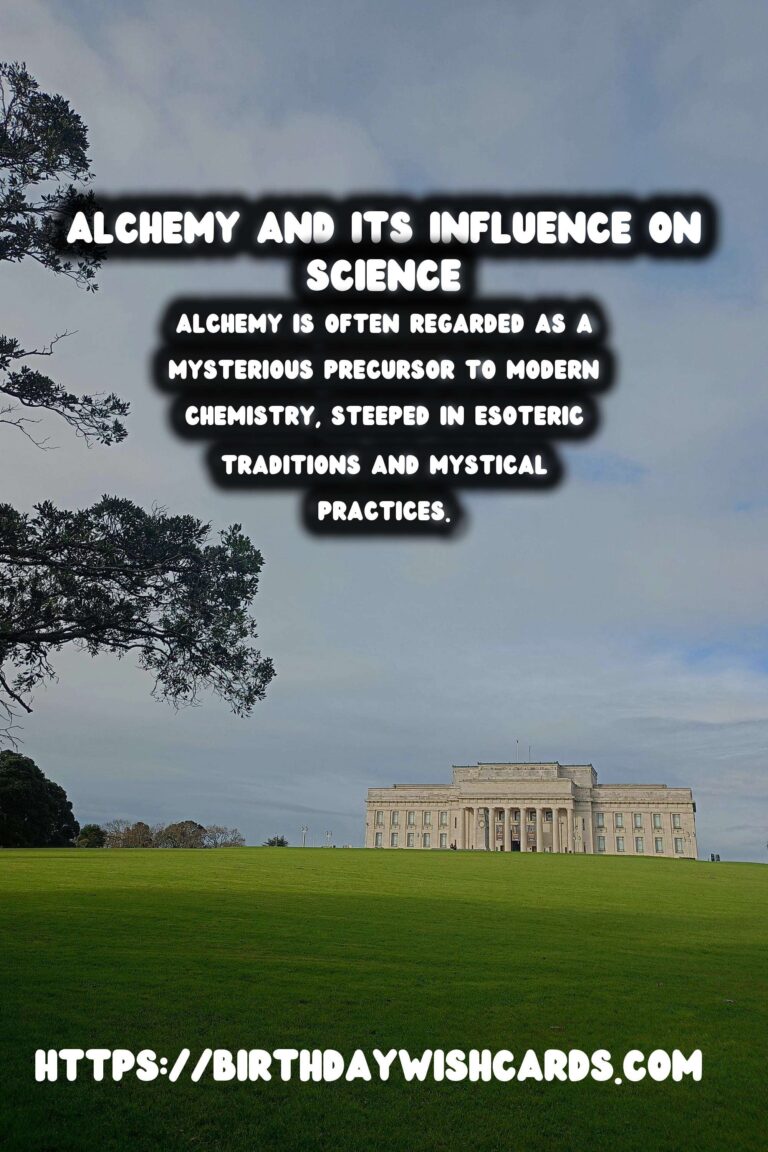

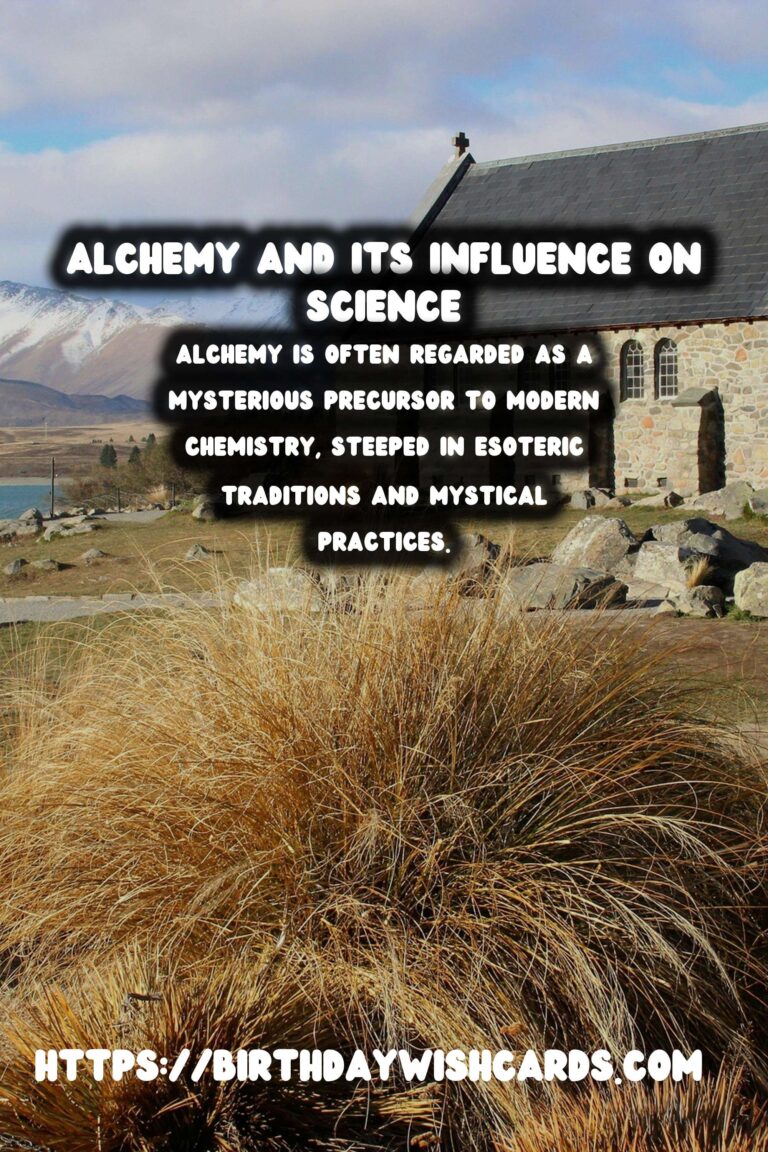
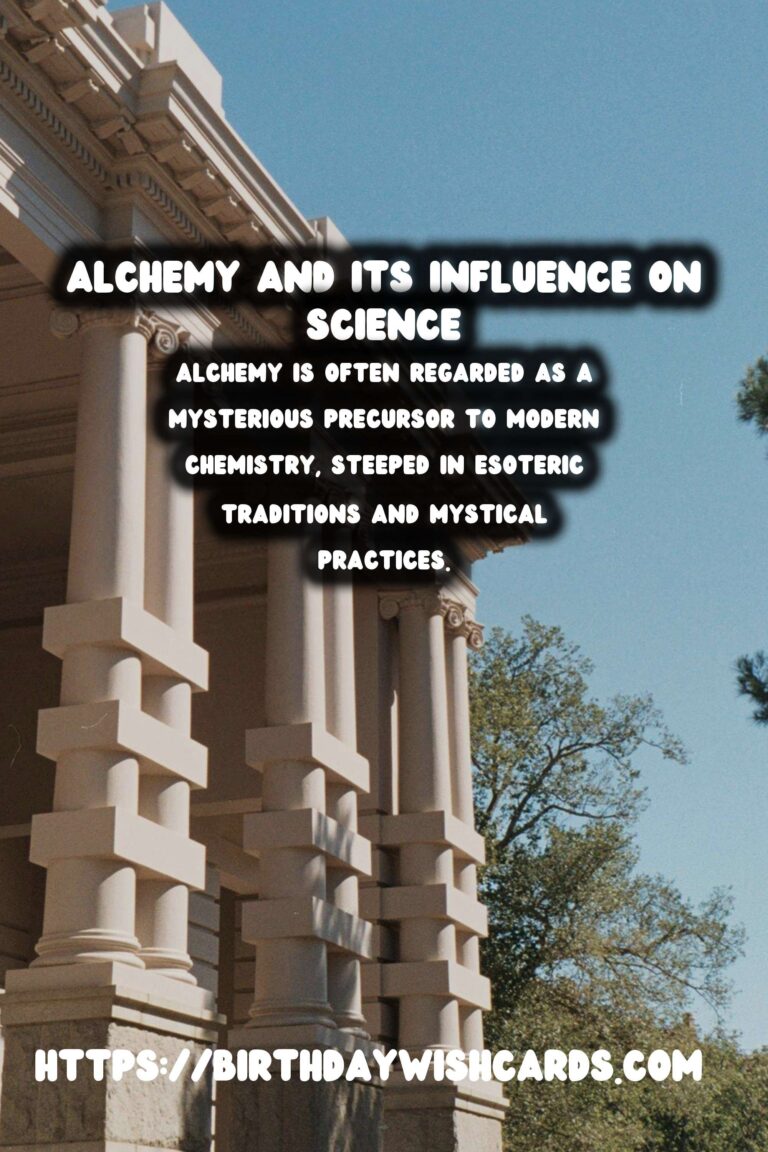


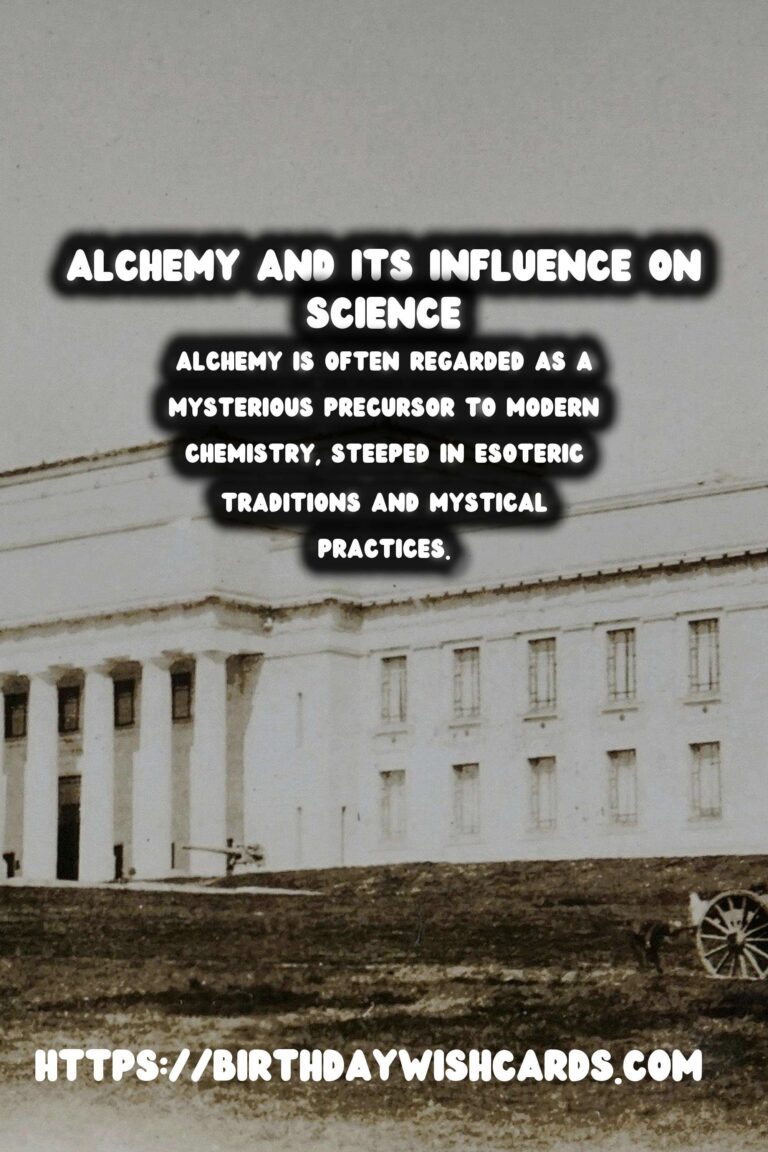
#Alchemy #ScienceHistory



